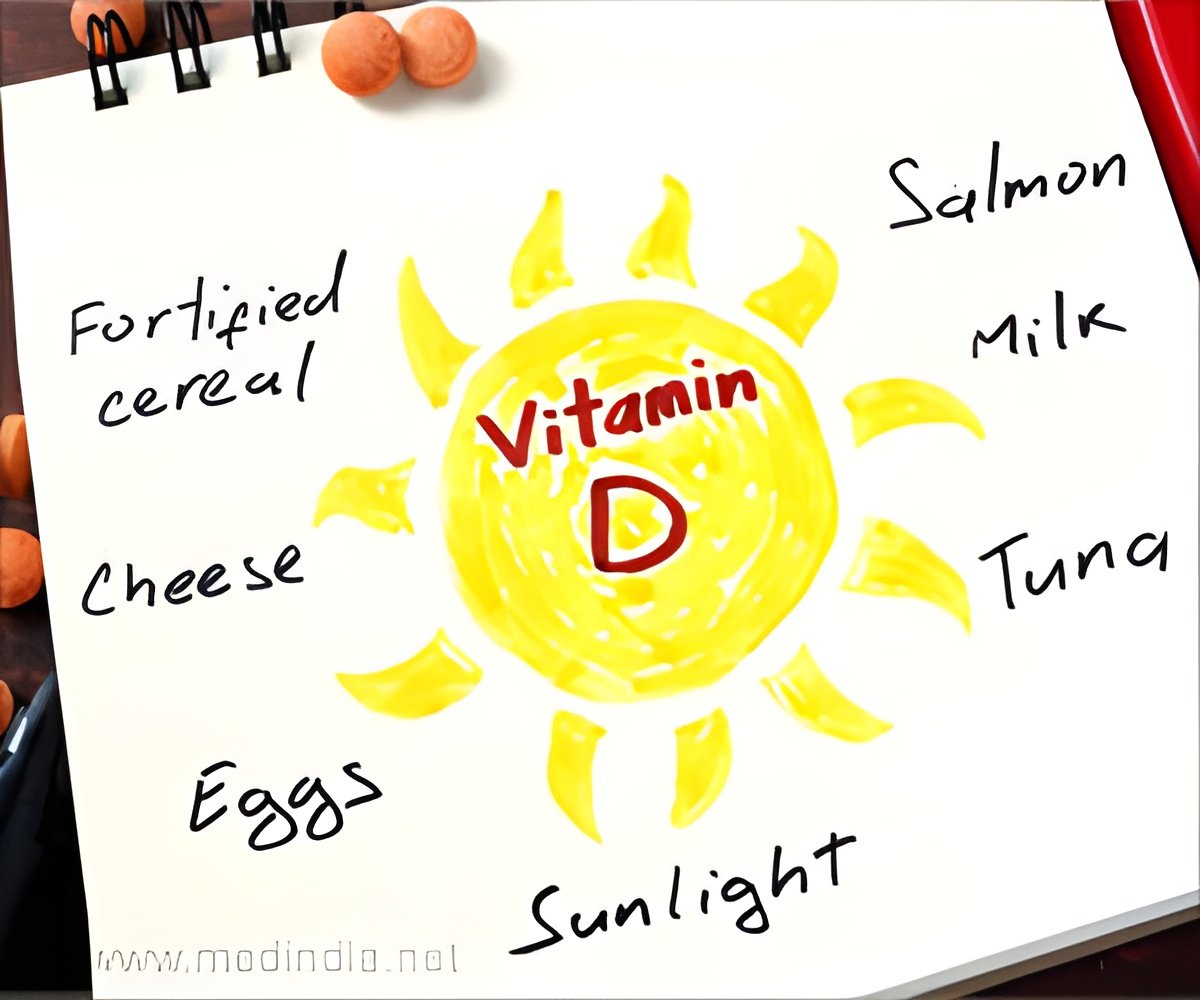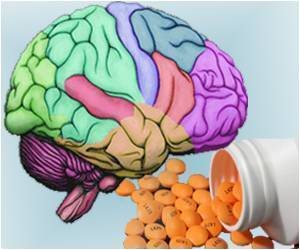The chances of developing multiple sclerosis was less in those who had sufficient levels of Vitamin D during birth.

- Dietary vitamin D is primarily found in fatty fish such as salmon or mackerel though sunlight is the best source.
- Those who had low levels of Vitamin D during birth were found //to develop Multiple Sclerosis later in life.
- Maternal supplementation of Vitamin D may reduce the risk of Multiple sclerosis.
The study participants were divided into five groups based on vitamin D level, with the bottom group having levels of less than 21 nmol/L and the top group with levels higher than or equal to 49 nmol/L. There were 136 people with MS and 193 people without MS in the bottom group. In the top group, there were 89 people with MS and 198 people without the disease. Those in the top group appeared to be 47 percent less likely to develop MS later in life than those in the bottom group.
Study author Nete Munk Nielsen, MD, MSc, PhD, of the State Serum Institute in Copenhagen, Denmark emphasizes that the study does not prove that increasing vitamin D levels reduces the risk of MS.
The study has several limitations. Dried blood spots samples were only available for vitamin D analysis for 67 percent of people with MS born during the time period. Vitamin D levels were based on one measurement. Study participants were 30 years old or younger, so the study does not include people who developed MS at an older age.
In addition, the Danish population is predominantly white, so the results may not be generalizable to other populations. Furthermore, it cannot be excluded that this apparent beneficial effect could be mediated through other factors in later life such as vitamin D levels, in which case a possible maternal vitamin D supplementation would not reduce the MS risk in the offspring.















